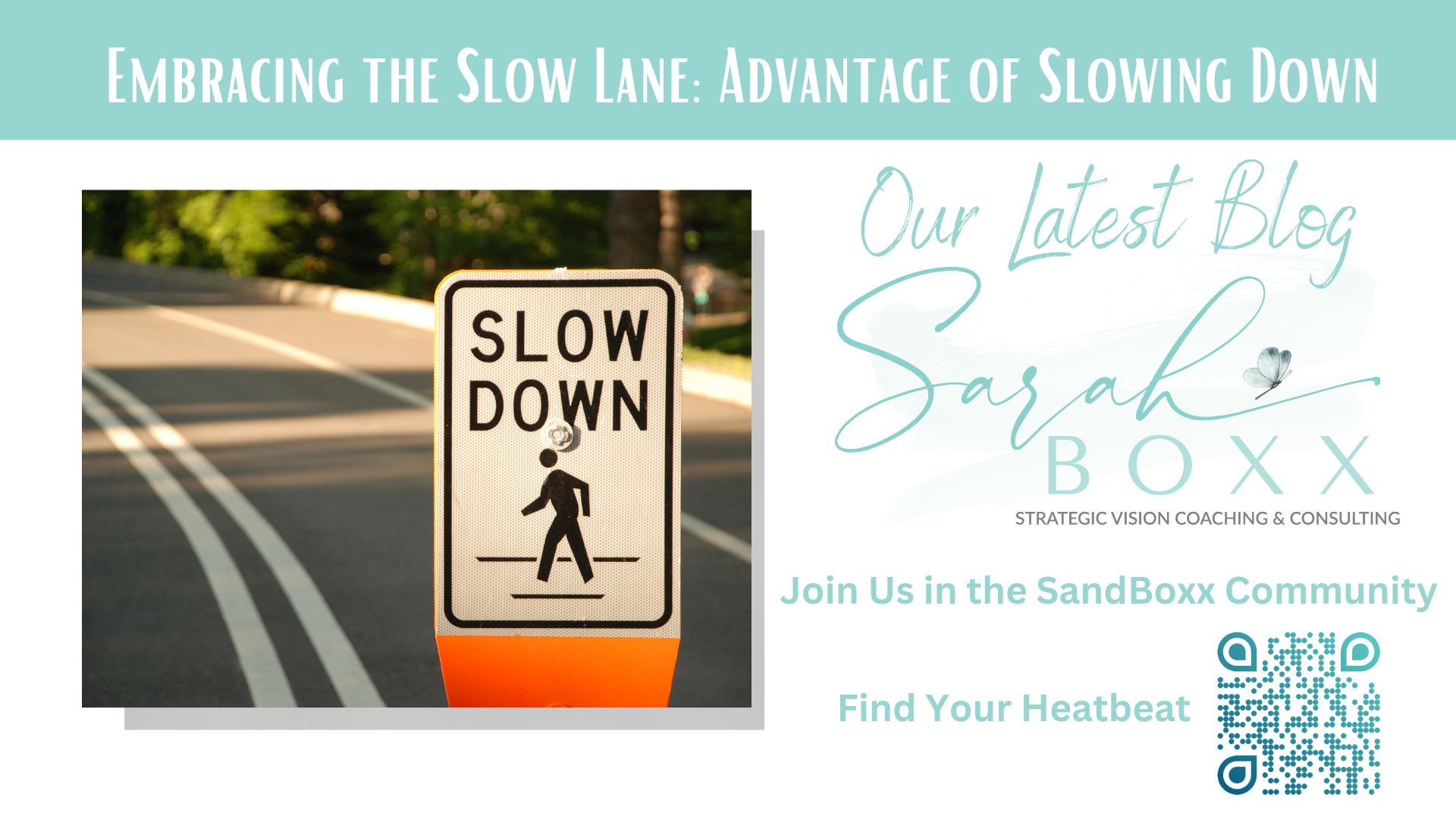I have to make a confession.
I have a love-hate relationship with assessments, matrices, and self-evaluation tools.
Why is that news? Because anyone I’ve helped as a coach or consultant knows that we start with some sort of an assessment. Sometimes very informal, sometimes extensive, research-based and formal. The purpose always is to understand more about the person or situation so that I can tailor what I do to meet their unique needs and objectives.
“If you don’t know where you are going, any road will get you there.” – Lewis Carroll
So why on earth would I have a love-hate relationship with assessments? Let’s start with the “love” part of the confession.
On the plus side: Assessments can help take what seems too big and complex about a situation or goal and break the overwhelming into smaller bits that we can sort and organize into categories and “buckets”. It can help us stand back and choose where to start and reassess why and what we expect to gain or change from taking any action at all. Assessments help us filter “this, not that” and “now, not later”. Formal assessments can help pick apart complex business processes and structures to determine what (if anything) needs improving, and what existing strengths can be built upon to scale and grow. Informal assessments, the conversational and sincerely inquisitive conversations help us determine whether what we think we want aligns with our inner truth of who we are. When it’s all said and done, assessments help us focus on what matters most in a given context.
So, what’s not to like, right? Well, here’s the flip side of the equation.
An assessment can provide the data, the “science” component yet it still needs the “art” to reveal the deeper story and give meaning to a person, organization or situation. Another way to think of this is that without knowing more than the assessment outputs, we lack a thread that connects the critical parts to that person or situation.
Casual acceptance of assessment data without further inquiry can lead to defining a person or situation based on limited information. If the assessment is about us or our organization, we can start labeling ourselves while missing the subtleties and the “grey areas” that reveal more of the various dimensions of our lives.
Assessments tell us facts but not necessarily the context.
That said. I still like using assessments while continually examining the “bigger picture” and context. Self-assessment can help you:
- Face the current reality of your choices, decisions and habits, revealing those that are working in your favor and those that are not.
- Avoid the regret of spending time and energy in activities that are at best, unfulfilling or at worst, detrimental to you and your goals.
- Increase personal focus as you realize that spreading yourself too thin or trying to meet other people’s expectations rather than your own definitions of success is not taking you in the direction you want.
- Remove ambivalence about where to start and what to do (if anything) to live in integrity with yourself.
Now, let’s apply some curiosity to you.
Roll up your sleeves, grab a sheet of paper and pencil. Let’s talk about the dimensions of life. I’ve seen lists with as few as three or four dimensions and some with as many as 15 or more. Today, let’s consider seven dimensions of life and conduct a “mini” assessment.
Step 1: Start by listing these seven areas on the left side of a piece of paper.
- Mental
- Spiritual
- Physical
- Family
- Financial
- Personal
- Career
Step 2: Next to that write down your definition of what success looks like (No one but you will see this, so be honest. Remember, you’re in a self-reflection zone now.) next to each dimension.
Step 3: Place a number from 1 to 10 of how well you are doing in that area currently (over the last 6 to 12 months). Doing great? Then give yourself a “10”. Haven’t even considered this area of your life lately? Score yourself low. THIS IS NOT A TEST or an evaluation of you as a person. The objective IS NOT to have all “10’s”. The purpose is to learn. Stay “curious” about yourself and how your choices are reflected in your life today.
Step 4: Reread your definitions of success for each area and ask yourself
- Is that your definition or one you adopted from others’ expectations, social media, or society? If it doesn’t fit for you, re-write your definition to fit YOU.
- If you changed any definitions, re-rate yourself against the new expectations for success in that dimension.
- Now it’s time to go inward and FEEL each of these areas. Where are you being called to pay more time and attention? When you are quiet and listen without judgment, you can hear the deepest part of yourself guiding you. Circle that dimension.
That’s it for now. Just like last week, I encourage you to DO NOTHING more than consider the work you’ve done here. Think about it as you go through your week and decide if you need or want to make further edits to your self-assessment.
Come back next week and when we get more “into the weeds” on improving or enhance the area you circled.
For you high achieving go-getters who dislike inaction, here’s something you can do today, right now.
Click and “Share” this exercise on your favorite social media or in a private message to a friend that would benefit. My goal is to help as many people as possible achieve their goals. You spreading this post helps me do just that.


